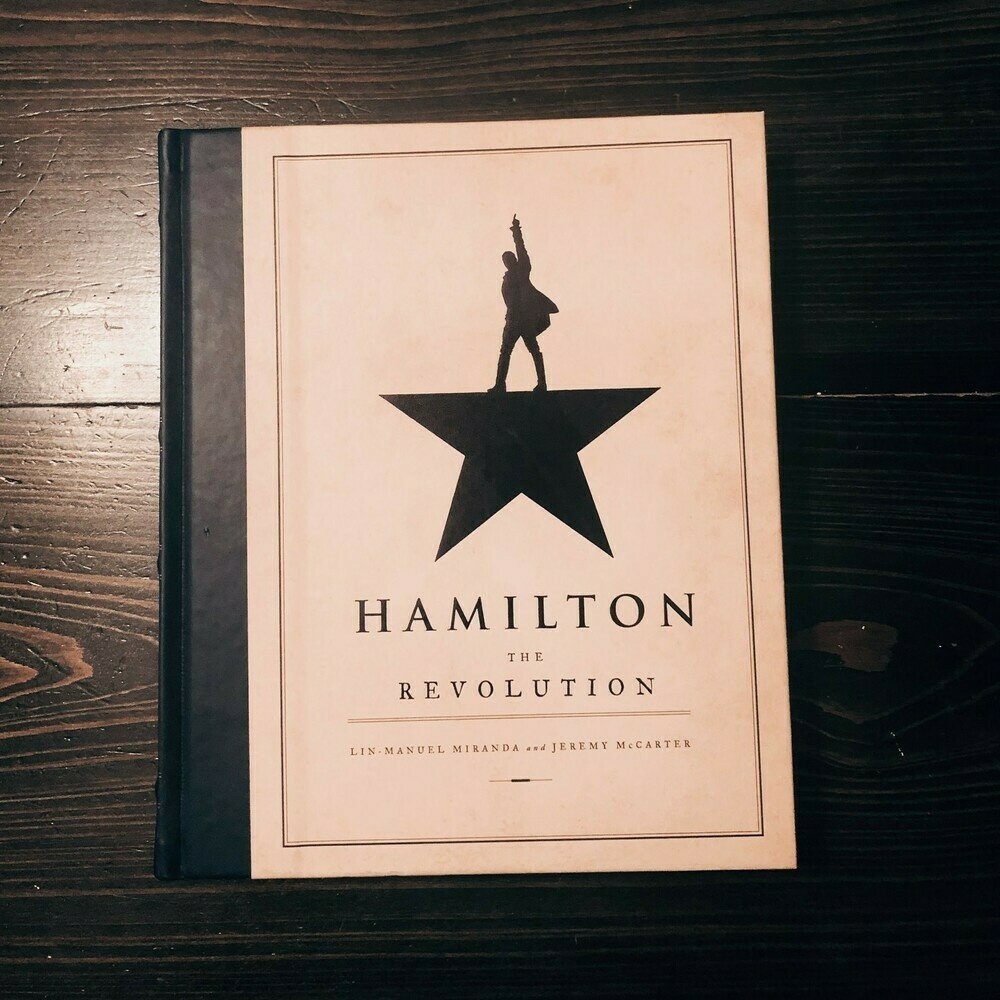“Rise up! I will fight for this land, but there’s only one man who can give us a command so we can rise up.”

“Rise up! I will fight for this land, but there’s only one man who can give us a command so we can rise up.”

@manton As an Australian visiting the United States, seeing this show (and how the audience reacted to it) was one of the most interesting insights that I gained into the American psyche.
@martinfeld I still haven't seen it. My daughter has this book and we had a chance to see it while passing through San Francisco a few years ago but couldn't fit it in. One day!
@manton You’ll get there! I was as intrigued by the audience living through its nation’s history as what I was seeing on the stage.
@martinfeld It also explicitly critiques the usual Myth of the Founding. Before the musical, Hamilton was just the dude on the $10 bill while Jefferson the Hero of Liberty. While Hamilton plays fast and loose with the facts (Hamilton’s “new form of government” included an elected monarch ruling for life), deliberately choosing a cast composed of POC (excepting King George) and casting Jefferson and Madison as the villains* are big statements about who tells our history. //@manton
* I read Burr more as an antihero than as a villain.
@Bruce Thank you for the further explanation! 😀 I thought the diverse casting was a great move and found the villain angle for Jefferson and Madison to be very interesting. Awesome production
In Australia, we're saturated by American media and history—often to the detriment of interest in our own cultural institutions, to put bluntly—so we hear and know about a lot of what has happened there. Of course, it isn't in the same detailed, comprehensive and surely chronological way that Americans would learn things at school. I followed what was happening in the show and was struck by the enthusiasm and patriotism in the room, however to be honest I was very critical of the story as we watched it, with messages of freedom, liberty and respect for the individual, after I had been hounded at the front door by guards and pulled aside in front of a crowd for a security check (in a theatre!).
There are certainly many patriots (and nationalists) in Australia but I would argue that very few people would have the same emotional investment in historical figures in our country as Americans do in theirs. To give you an idea, I've never heard of anyone recalling enthusiastically the contributions of our first Prime Minister, Edmund Barton. (Most people here wouldn't know it but he was a total racist.) I'm not sure how many Americans share this feeling about their country but I reflect on Australia's history not with pride but with disappointment and shame. //@manton
@martinfeld The thing to remember about the US is that the nation is built on ideology, not ancient tribal boundaries like Europe. We very often don't live up to the ideals of the ideology but it is deeply ingrained which explains the reaction in the room. // @Bruce
@bradenslen That’s a great way to put it and I see what you mean, Brad. 🙂 I’d say that contemporary Australia is quite similar when it comes to being built on an ideology—albeit less pronounced— but we never really cast of the ‘shackles’ (figuratively and literally) of Britain in the way that the US did, so we feel less certain of ourselves.
Certainly, if we were to discuss ancient tribal boundaries too, English invaders here and their descendants did as much as possible to obliterate the 800 different Aboriginal nations and cultures that had existed for approximately 70,000 years... /// @bruce